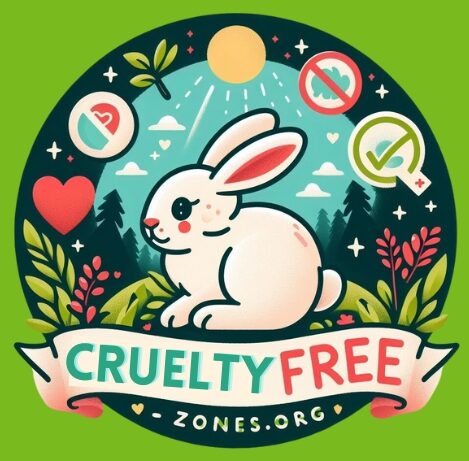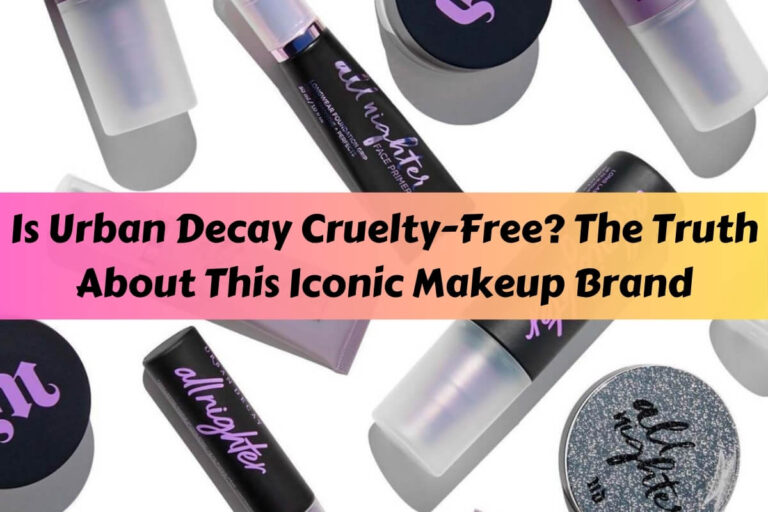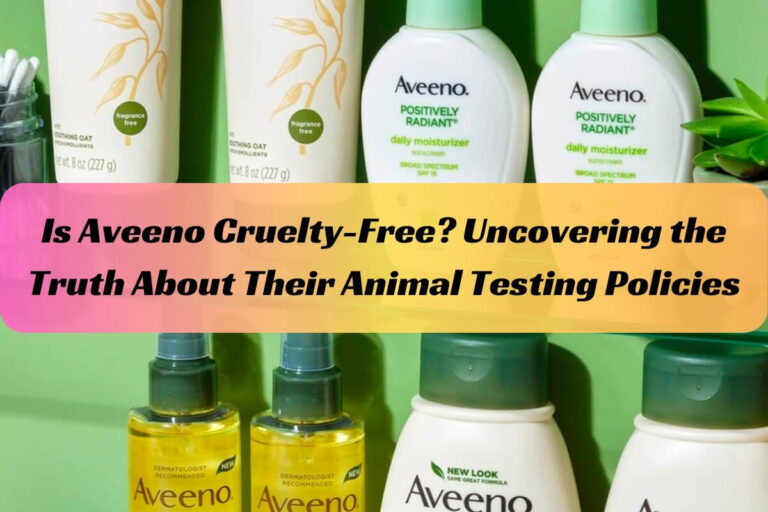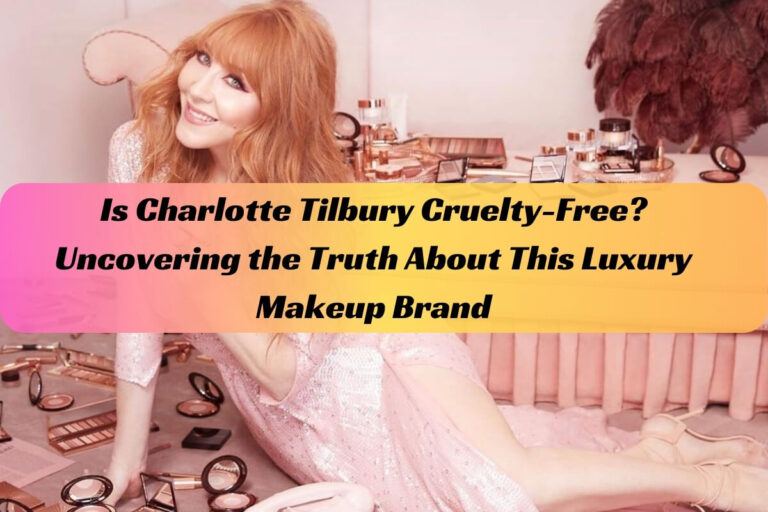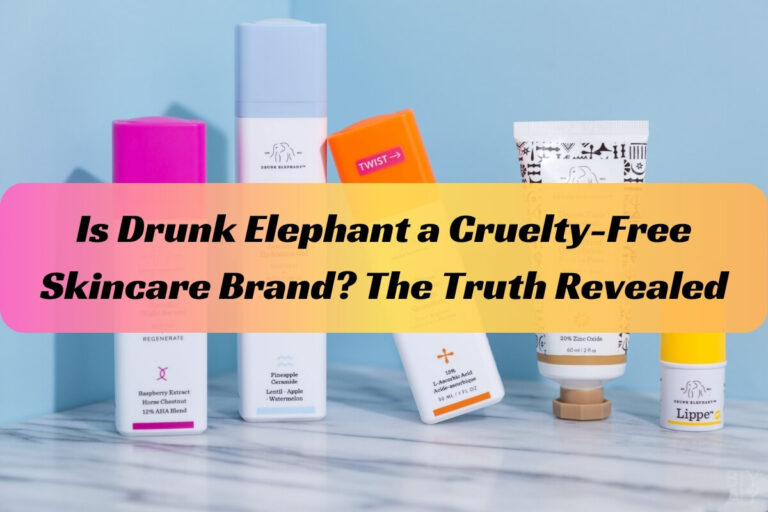Is Dior Cruelty-Free? The Truth About Dior’s Animal Testing Policies
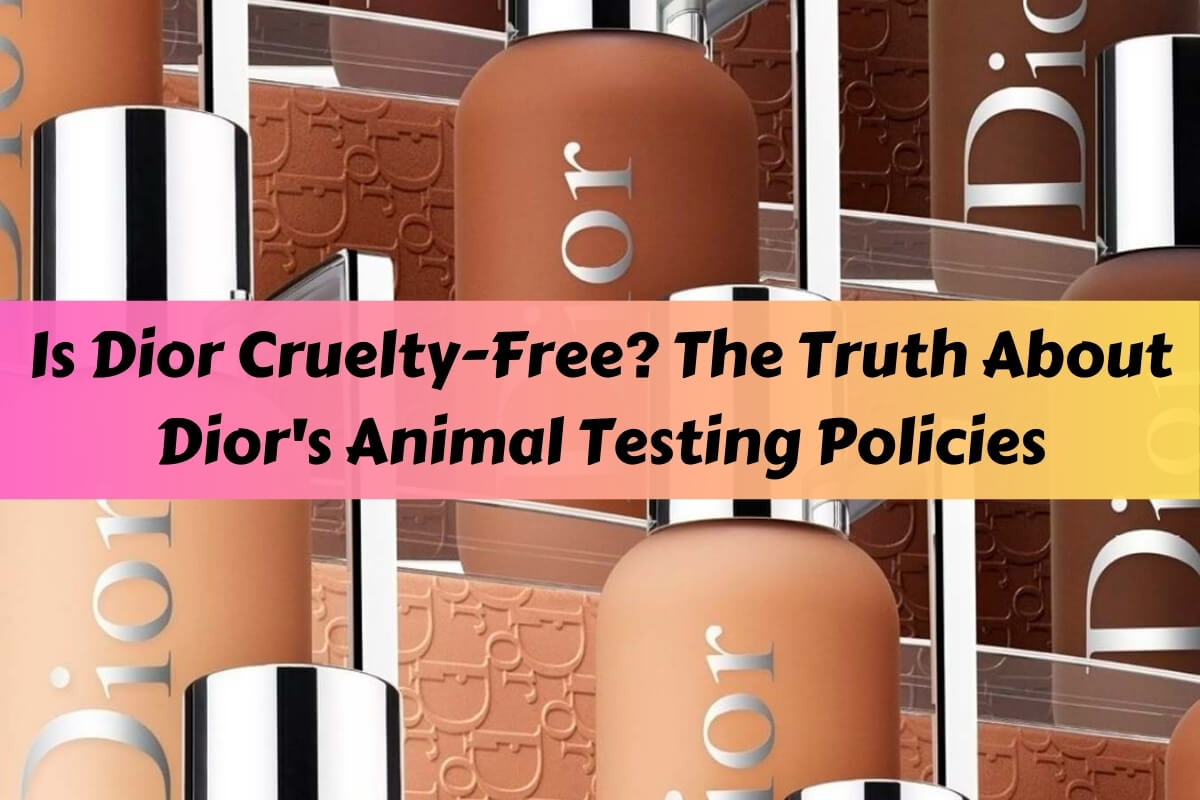
In recent years, the demand for cruelty-free beauty and personal care products has skyrocketed. Conscious consumers are making ethical choices, driven by a desire to reduce animal suffering and environmental impact. A brand’s cruelty-free status has become a critical factor in purchasing decisions, with many seeking transparency about animal testing policies.
One brand that often finds itself under scrutiny is Dior, the renowned luxury fashion and cosmetics house. Is Dior truly cruelty-free? No, Dior is not cruelty-free. The brand allows third-party animal testing on its products where required by law, particularly in mainland China.
This article examines Dior’s policies on animal testing. It looks at the brand’s stance on third-party and ingredient testing, and whether it qualifies for cruelty-free certification. Additionally, it discusses Dior’s use of animal-derived ingredients and its parent company’s policies. Cruelty-free alternatives are provided for those seeking ethical options.
What Does It Mean for a Brand to Be Cruelty-Free?
Before diving into Dior’s specific practices, it’s essential to understand what “cruelty-free” means in the context of beauty and personal care products. A cruelty-free brand does not conduct or commission animal testing at any stage of product development, from ingredients to finished products.
Animal testing, also known as animal experimentation, involves using non-human animals to test the safety and efficacy of products or ingredients. This practice has long been a subject of ethical debate, as it can cause significant suffering and harm to animals.
To be considered truly cruelty-free, a brand must not only refrain from testing on animals themselves but also ensure that their suppliers and any third parties involved in the production process do not engage in animal testing. Additionally, cruelty-free brands should not sell their products in countries or regions where animal testing is legally required for cosmetics.
Two prominent organizations, Leaping Bunny and PETA (People for the Ethical Treatment of Animals), offer cruelty-free certifications to brands that meet their strict standards. These certifications provide consumers with assurance that a brand’s cruelty-free claims have been verified by an independent third party.
Dior’s Official Animal Testing Policy
On Dior’s website, the brand does not test its products on animals. However, this statement alone is not sufficient to classify Dior as cruelty-free. Animal testing can occur at various stages of product development, including ingredient sourcing and third-party testing, which the brand itself may not directly conduct.
To clarify Dior’s stance on animal testing, I reached out to the company for more information. In their response, Dior acknowledged that while they do not test their products on animals, they do permit third-party animal testing “where it is required by law.”
This statement often implies that the brand sells its products in mainland China, where animal testing is mandated by law for most cosmetics sold in physical stores.
Does Dior Test on Animals or Allow Third-Party Testing?
Dior’s response raises concerns about the brand’s commitment to being truly cruelty-free. By allowing third-party animal testing “where required by law,” Dior is essentially consenting to have its products tested on animals to comply with certain regulations.
Dior pays others to test on animals, contradicting their claim of not doing so. This calls into question their commitment to animal welfare.
Does Dior Sell Products in Mainland China?
Selling products in mainland China is a crucial factor in determining a brand’s cruelty-free status. According to Chinese regulations, most cosmetics sold in physical stores within the country must undergo mandatory animal testing, regardless of the brand’s policies or claims.
To confirm whether Dior’s products are subject to these animal testing requirements, I checked the brand’s Chinese website and store locator. The information available indicates that Dior has physical retail locations in mainland China, meaning its products are likely subject to the country’s animal testing laws.
Is It Possible for Brands to Avoid Animal Testing in China?
In recent years, China has made some changes to its animal testing regulations, allowing certain cosmetic products to be exempt from mandatory animal testing under specific conditions. However, these exemptions are relatively narrow and complex, making it challenging for many brands to qualify.
To be exempt from animal testing in China, a brand must meet the following criteria:
- Only sell “general” cosmetics like makeup, skincare, haircare, nail polish, and perfumes (no sunscreens, hair dyes, or products claiming new efficacy)
- Not sell products designed for infants or children
- Do not use any “new cosmetic ingredients”
- Have a policy in place to recall products if post-market animal testing is required
Products must be made in China or have valid safety certificates if made elsewhere.
Based on the information available, there is no indication that Dior has taken the necessary steps to meet these exemption criteria. As a result, the brand’s products sold in mainland China likely undergo animal testing to comply with local regulations.
Does Dior Use Animal-Derived Ingredients?
Another essential aspect of being cruelty-free is avoiding the use of animal-derived ingredients in products. Dior is not a vegan brand, meaning some of its products may contain ingredients sourced from animals, such as:
- Lanolin (from sheep’s wool)
- Beeswax
- Collagen (from animal skin or bones)
- Carmine (a red pigment derived from crushed insects)
- Gelatin
- Animal fats and oils
Animal-derived ingredients raise questions about a brand’s ethical and sustainable practices.
Plant-based and synthetic alternatives are readily available for many of these ingredients, making it possible for brands to create cruelty-free and vegan products without compromising quality or performance.
Is Dior Certified as Cruelty-Free?
Reputable third-party certifications like Leaping Bunny and PETA’s Beauty Without Bunnies program play a crucial role in verifying a brand’s cruelty-free claims. These organizations have strict standards and conduct independent audits to ensure brands comply with their animal testing policies.
Unfortunately, Dior is not certified as cruelty-free by any of these organizations. The lack of certification raises doubts about the transparency and credibility of Dior’s animal testing policies, as there is no independent verification of their claims.
Is Dior Owned By a Parent Company That Tests on Animals?
Dior is owned by LVMH, a multinational corporation that is not cruelty-free. LVMH’s official policy states that they conduct animal testing where required by law, which aligns with Dior’s stance.
Some consumers may choose to support cruelty-free brands owned by non-cruelty-free parent companies in the hope that their purchasing power will influence the parent company to adopt more ethical practices. However, in Dior’s case, both the brand and its parent company engage in animal testing, making it challenging to justify supporting the brand on ethical grounds.
In Summary – Is Dior a Cruelty-Free Brand?
Based on the evidence gathered, Dior cannot be considered a truly cruelty-free brand. The brand’s admission that it allows third-party animal testing “where required by law,” coupled with its presence in mainland China, strongly suggests that its products undergo animal testing to comply with local regulations.
Furthermore, Dior’s use of animal-derived ingredients and lack of cruelty-free certification from reputable organizations like Leaping Bunny or PETA raise additional concerns about the brand’s commitment to ethical and sustainable practices.
Dior pays others to test on animals, contradicting cruelty-free principles.
For conscious consumers seeking ethical and cruelty-free alternatives to Dior, several high-end makeup and skincare brands are certified cruelty-free by Leaping Bunny or have committed to no animal testing. Some notable options include Hourglass, Charlotte Tilbury, Westman Atelier, Chantecaille, and ILIA. These brands offer luxurious and high-performing products without compromising on ethical values.
